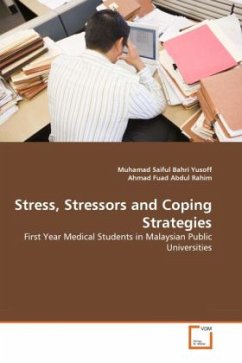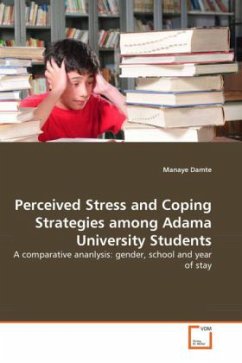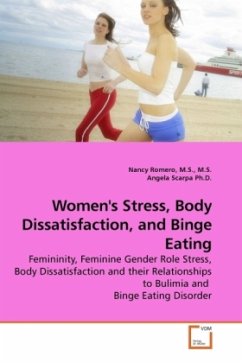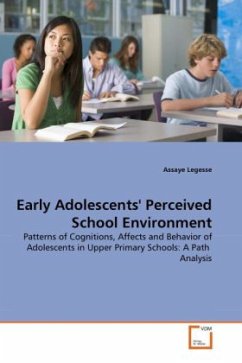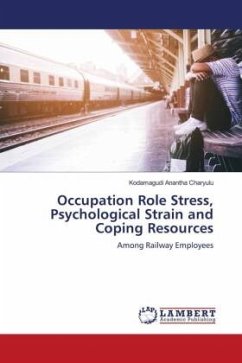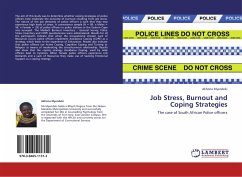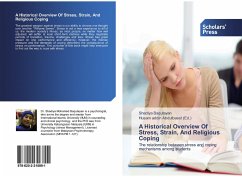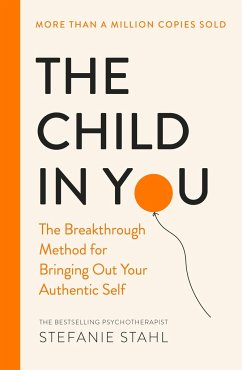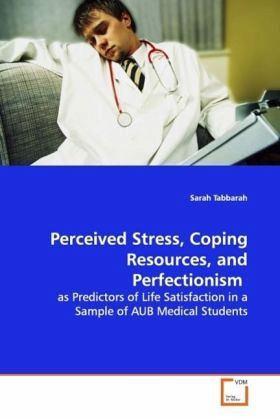
Perceived Stress, Coping Resources, and Perfectionism
as Predictors of Life Satisfaction in a Sample of AUB Medical Students
Versandkostenfrei!
Versandfertig in 6-10 Tagen
32,99 €
inkl. MwSt.

PAYBACK Punkte
16 °P sammeln!
The aim of the study was to investigate which of perceived stress, coping resources, and perfectionism most predicted life satisfaction in medical students.It also examined whether adaptive perfectionism moderates the relationship between perceived stress and life satisfaction.The results revealed that in this sample of AUB medical students, perceived stress was negatively associated with life satisfaction. Adaptive perfectionism strongly predicted life satisfaction, but failed to moderate the relationship between perceived stress and life satisfaction. A factor analysis of the Brief COPE scal...
The aim of the study was to investigate which of
perceived stress, coping resources, and
perfectionism most predicted life satisfaction in
medical students.It also examined whether adaptive
perfectionism moderates the relationship between
perceived stress and life satisfaction.The results
revealed that in this sample of AUB medical
students, perceived stress was negatively associated
with life satisfaction. Adaptive perfectionism
strongly predicted life satisfaction, but failed to
moderate the relationship between perceived stress
and life satisfaction. A factor analysis of the
Brief COPE scale resulted in four
factors,labeled "cognitive coping", "maladaptive
coping", "support", and "release". This study will
hopefully attract the attention of medical schools.
This study will need further validation and
replication, but it is recommended that medical
students be provided with elective courses teaching
them how to handle and reduce stress.
perceived stress, coping resources, and
perfectionism most predicted life satisfaction in
medical students.It also examined whether adaptive
perfectionism moderates the relationship between
perceived stress and life satisfaction.The results
revealed that in this sample of AUB medical
students, perceived stress was negatively associated
with life satisfaction. Adaptive perfectionism
strongly predicted life satisfaction, but failed to
moderate the relationship between perceived stress
and life satisfaction. A factor analysis of the
Brief COPE scale resulted in four
factors,labeled "cognitive coping", "maladaptive
coping", "support", and "release". This study will
hopefully attract the attention of medical schools.
This study will need further validation and
replication, but it is recommended that medical
students be provided with elective courses teaching
them how to handle and reduce stress.



